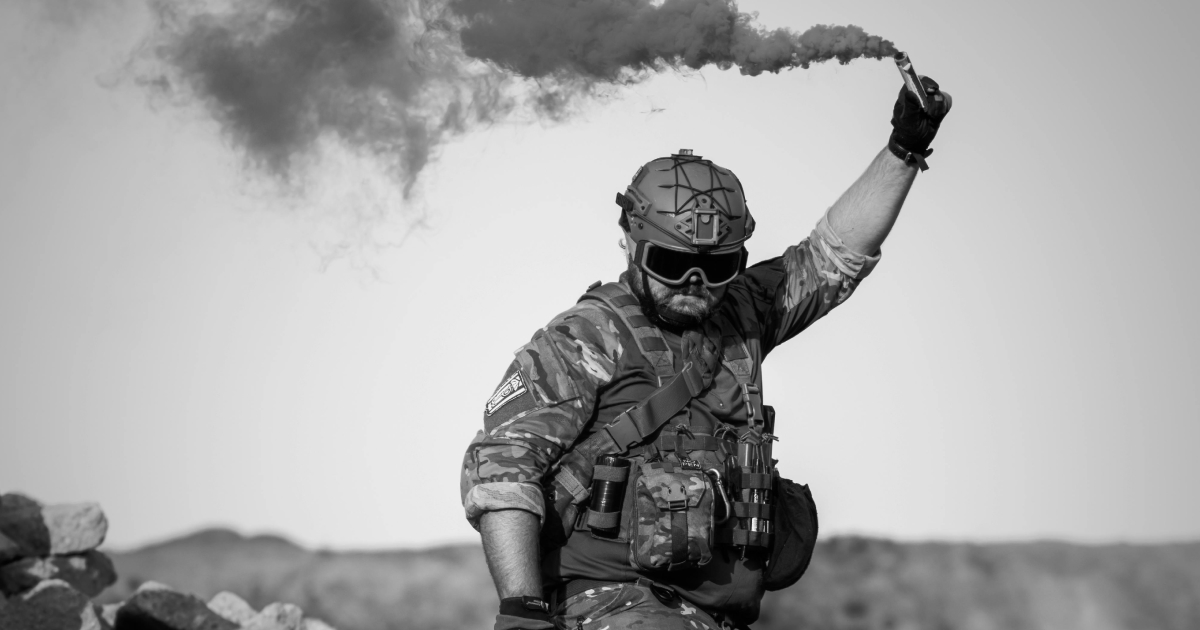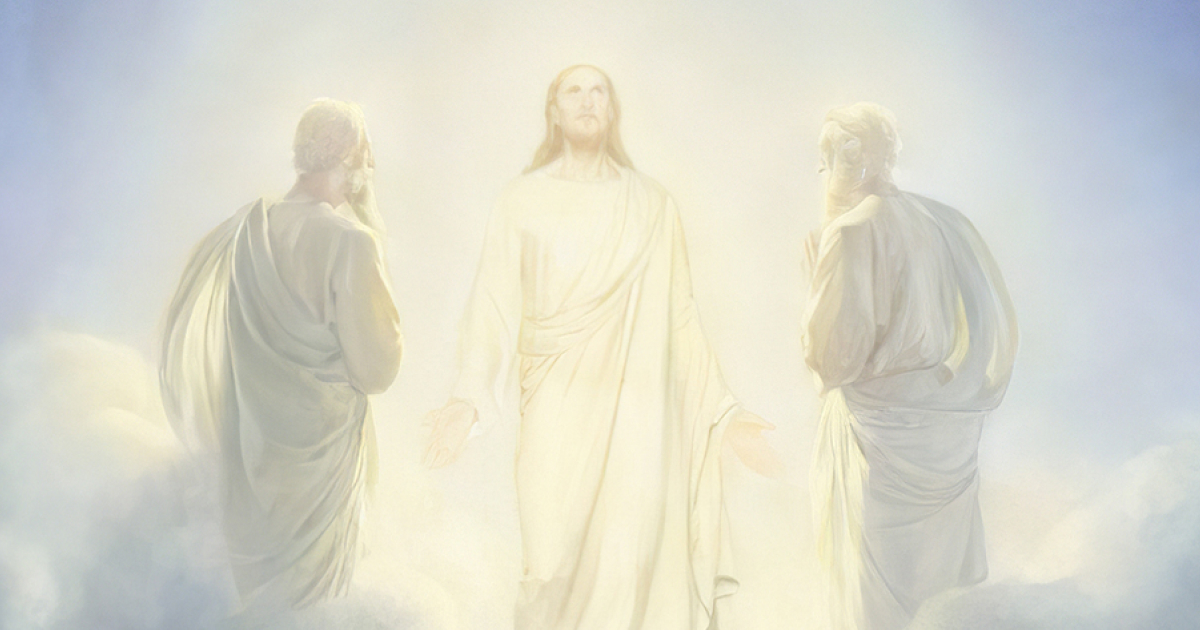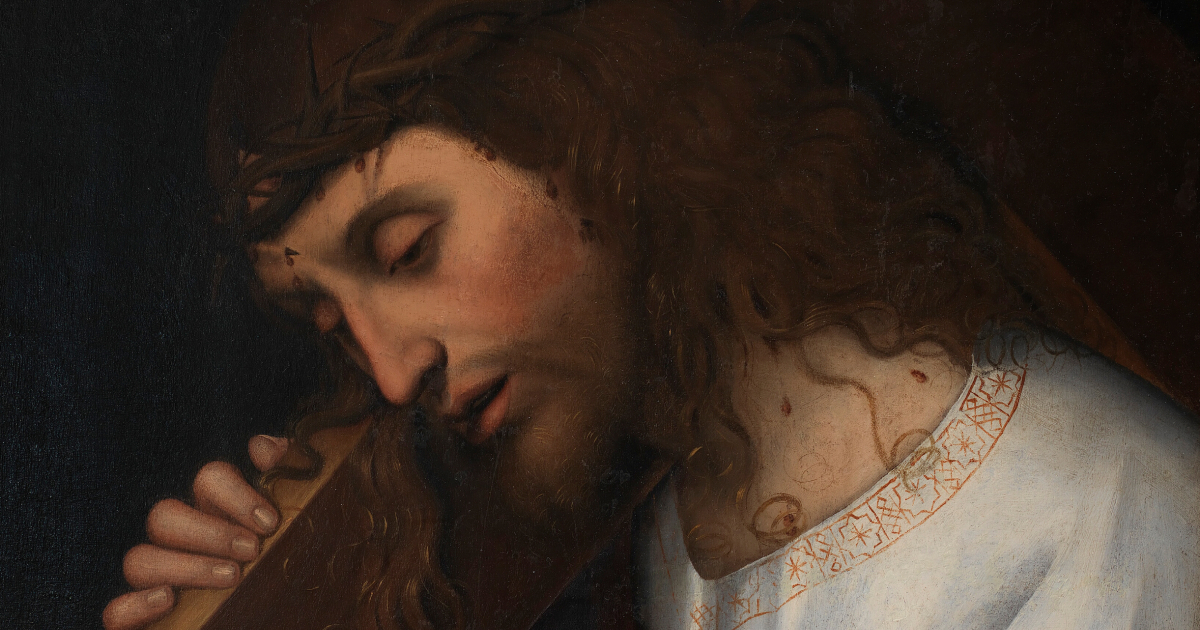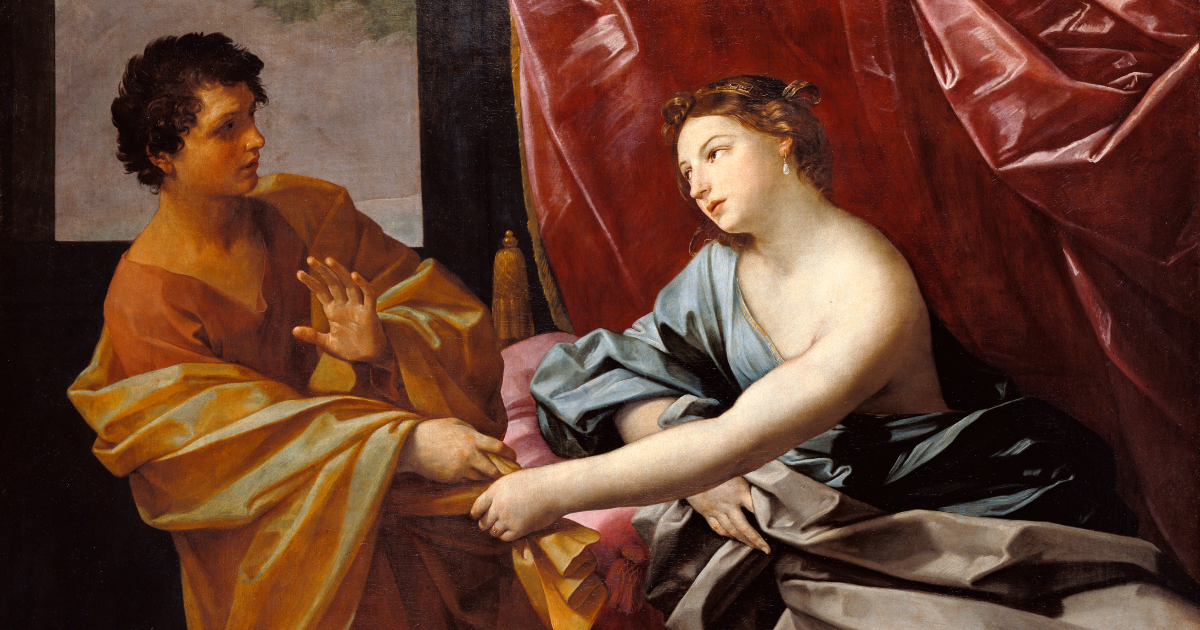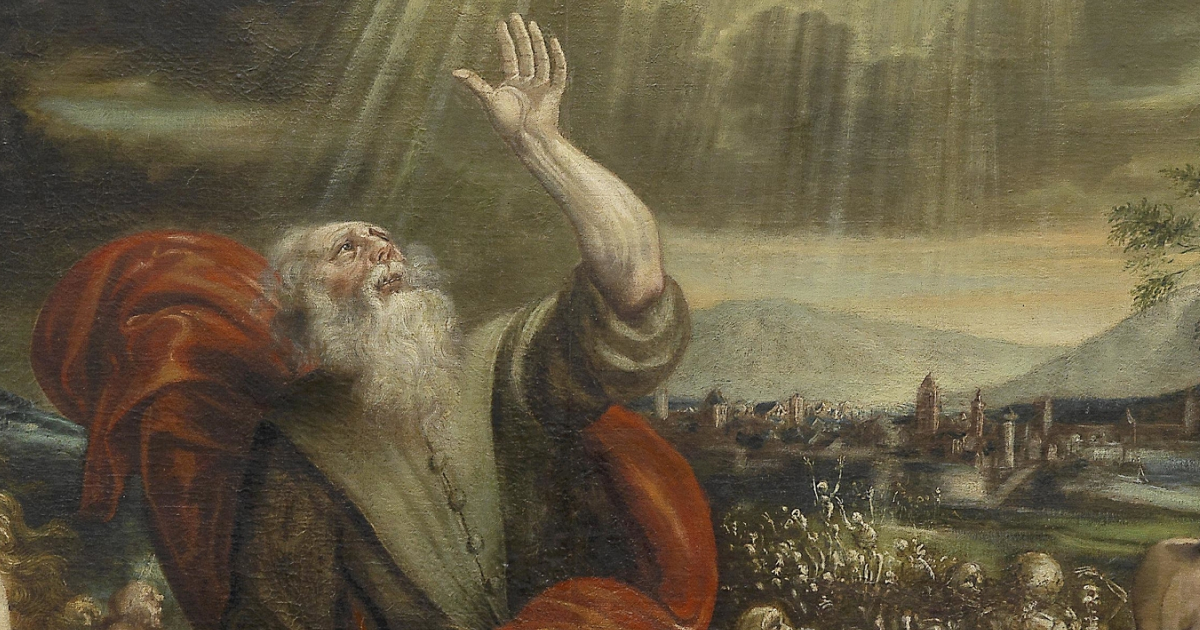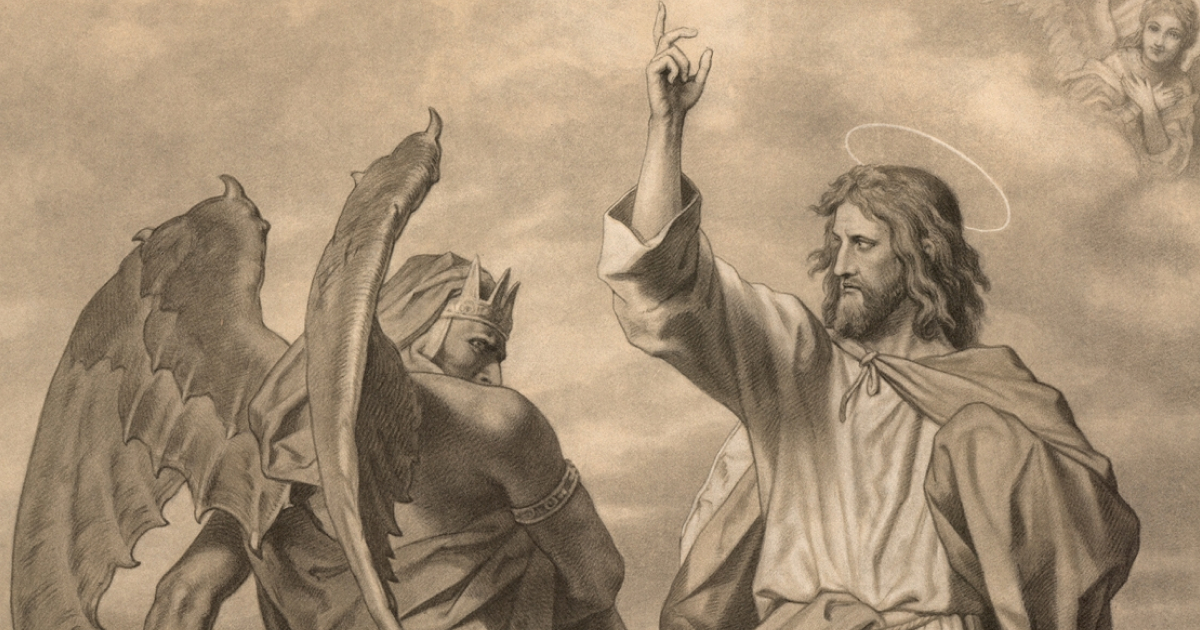Pope Leo XIV pledged to “pursue the path of unity and fraternal charity” during a meeting in Castel Gandolfo with Orthodox and Catholic clergy from the United States.
The group were on the pilgrimage “From Rome to New Rome” and included fifty Greek Orthodox, Byzantine Catholic, and Latin Catholic pilgrims from the U.S., among them Greek Orthodox Archbishop Elpidophoros of America and Cardinal Joseph Tobin, Archbishop of Newark, New Jersey.
This year marks the 1700th anniversary of the Ecumenical Council of Nicaea. The first Council, held in 325, condemned the Arian heresy, which denied the true divinity of Jesus Christ. It is also one of the rare years in which Western and Eastern Churches observed Easter on the same day.
Pope Leo said it was “significant” that the pilgrimage marked the anniversary of the Council of Nicaea.
“The Symbol of Faith adopted by the assembled Fathers remains—together with the additions made at the Council of Constantinople in 381—the common patrimony of all Christians, for many of whom the Creed is an integral part of their liturgical celebrations,” the pope said, adding that it was “a providential coincidence” that the two calendars used by Eastern and Western Churches coincided this year on Easter Sunday.
He said the Easter proclamation—“Christ is risen! He is truly risen!”—declares that the darkness of sin and death “has been vanquished by the Lamb that was slain, Jesus Christ our Lord.”
“This inspires us with great hope, for we know that no cry of the innocent victims of violence, no lament of mothers mourning their children, will go unheard. Our hope is in God; yet precisely because we constantly draw from the inexhaustible source of his grace, we are called to be witnesses and bearers of hope,” Leo said.
“Here in Rome, you have spent time in prayer at the tombs of the Apostles Peter and Paul. As you now visit the See of Constantinople, I ask you to bring my greetings and embrace of peace to my venerable brother Patriarch Bartholomew, who so kindly attended the Holy Mass for the inauguration of my pontificate. I hope to meet you again in a few months to take part in the ecumenical commemoration of the anniversary of the Council of Nicaea,” he continued.
He also referred to the Great Schism of 1054, when Pope Leo IX and the Patriarch of Constantinople excommunicated each other.
Leo XIV told the pilgrims that their visit was one of the “abundant fruits of the ecumenical movement aimed at restoring full unity among all of Christ’s disciples,” noting that on 7 December 1965—on the eve of the conclusion of the Second Vatican Council—Saint Paul VI and Patriarch Athenagoras signed a joint declaration lifting the excommunications issued in 1054.
“Before then, a pilgrimage like your own would probably not even have been possible. The work of the Holy Spirit created in hearts the readiness to take those steps as a prophetic presage of full and visible unity. For our part, we too must continue to implore from the Paraclete, the Consoler, the grace to pursue the path of unity and fraternal charity,” the pope said.
“Rome, Constantinople and all the other Sees are not called to vie for primacy, lest we risk finding ourselves like the disciples who, even as Jesus was announcing his coming passion, argued about which of them was the greatest,” Leo said.
The pope also recalled the Bull of Indiction for the 2025 Jubilee, in which the late Pope Francis noted: “The Holy Year will also guide our steps towards yet another fundamental celebration for all Christians: 2033 will mark the two-thousandth anniversary of the redemption won by the passion, death and resurrection of the Lord Jesus.”
Spiritually, Leo said, all Christians must “return to Jerusalem, the City of Peace, where Peter, Andrew and all the Apostles, after the days of the Lord’s passion and resurrection, received the Holy Spirit at Pentecost, and from there bore witness to Christ to the ends of the earth.”
“May our return to the roots of our faith make all of us experience the gift of God’s consolation and make us capable, like the Good Samaritan, of pouring out the oil of consolation and the wine of gladness on today’s humanity,” the pope said.





.png)


